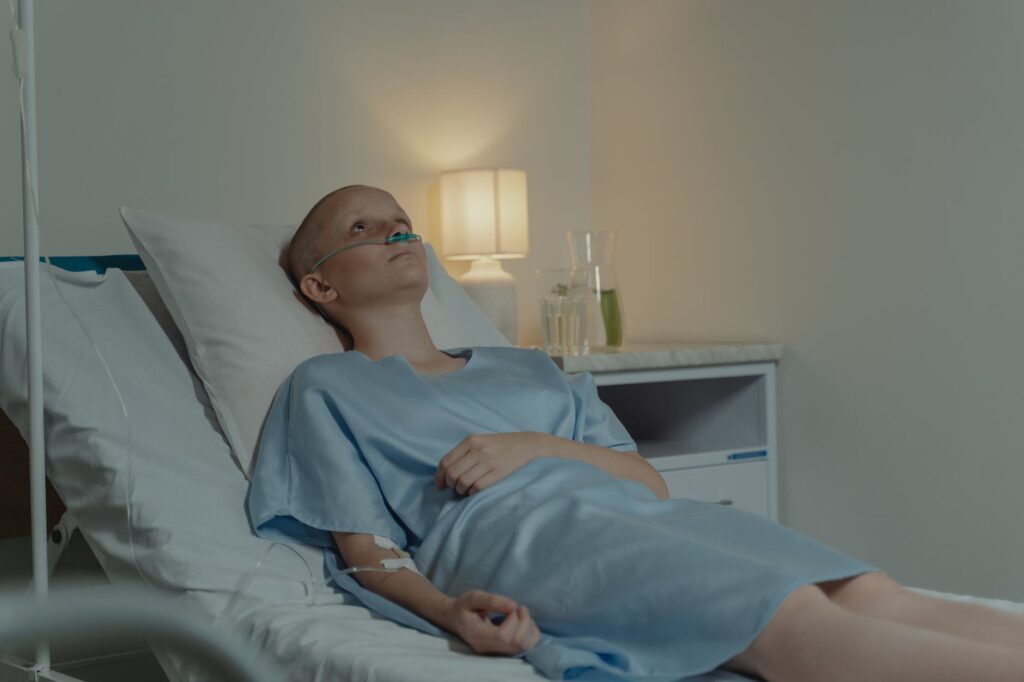She lost the appeal to Medicare Advantage to get her mother’s nursing home covered. She told them she learned about their scheme from our PDR show. Her mother got her coverage.
Medicare Advantage backed down
The story that Nola brings to light on the radio show is not just a personal victory but a societal imperative to discuss. Medicare Advantage plans are often marketed as an alternative to traditional Medicare but are actually private insurance plans that receive payments from the federal government to provide Medicare benefits. The advertising around these plans often blurs the lines, presenting them as just another facet of Medicare, as Nola originally believed. However, these private companies are incentivized to minimize costs, which often means minimizing care, especially in costly situations like extended stays in Skilled Nursing Facilities.
- A caller named Nola shared her experience dealing with Medicare Advantage for her mother’s nursing home care on a radio show.
- Nola’s mother has dementia and needs wound care in a Skilled Nursing Facility, but the company kept trying to release her even though she was not well enough to go home.
- After losing her first appeal to keep her mother in the facility, Nola appealed again to the company keypro, this time armed with information she learned from the radio show about how Medicare Advantage is actually private insurance.
- With her well-informed appeal, Nola successfully kept her mother in the Skilled Nursing Facility, suggesting that the company backed down due to her knowledge.
- We praise Nola for going into the situation with knowledge, thereby putting pressure on the Medicare Advantage company to do the right thing for her mother’s healthcare.
The fact that Nola had to appeal twice for her mother’s well-deserved care raises an ethical and social issue. It should not be the case that only those armed with specific knowledge have access to adequate healthcare. This is not an individual problem but a systemic one. Nola’s need to become an informed advocate for her mother speaks to a larger healthcare crisis in the U.S. As a study by the Kaiser Family Foundation outlines, Medicare Advantage plans can indeed offer more services than traditional Medicare, but often at the expense of limiting the networks of available providers.
Moreover, Nola’s story highlights another alarming aspect: the social and economic burdens that family caregivers often have to shoulder. According to aPlace For Mom, approximately 41.8 million adults in the U.S. provide unpaid care to adults or children, presenting a massive informal (and often invisible) caregiving economy.
The pressure that Medicare Advantage initially exerted on Nola and her mother aligns with a business model that often puts profits before patients. For those not as informed or as persistent as Nola, the implications can be devastating, potentially leading to inadequate care or financial ruin. Progressive policy changes in the healthcare sector are crucial to rectify these imbalances and put the well-being of individuals over corporate profits. After all, healthcare should be a right, not a privilege, determined by one’s ability to navigate complex systems.
Viewers are encouraged to subscribe and join the conversation for more insightful commentary and to support progressive messages. Together, we can populate the internet with progressive messages that represent the true aspirations of most Americans.

